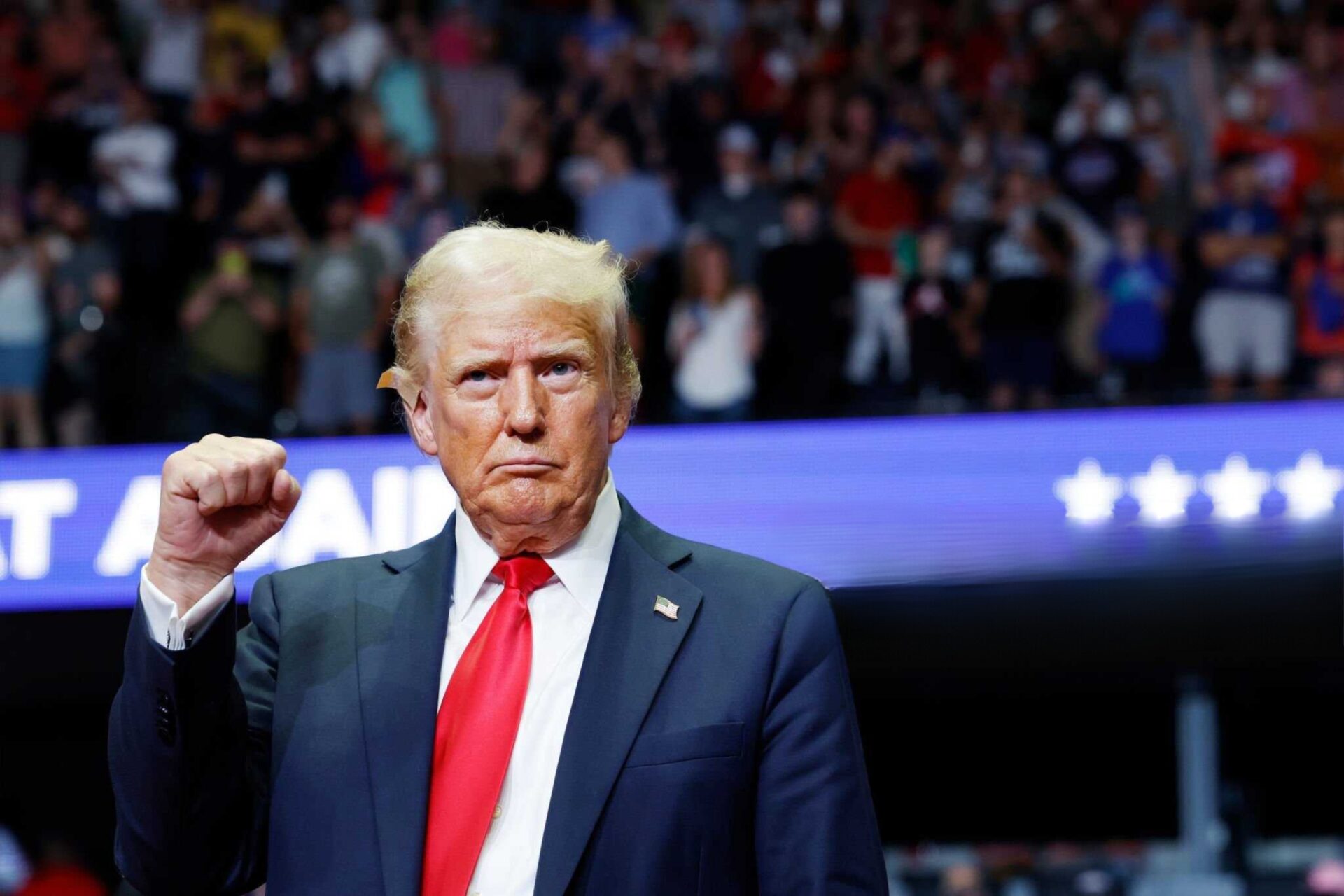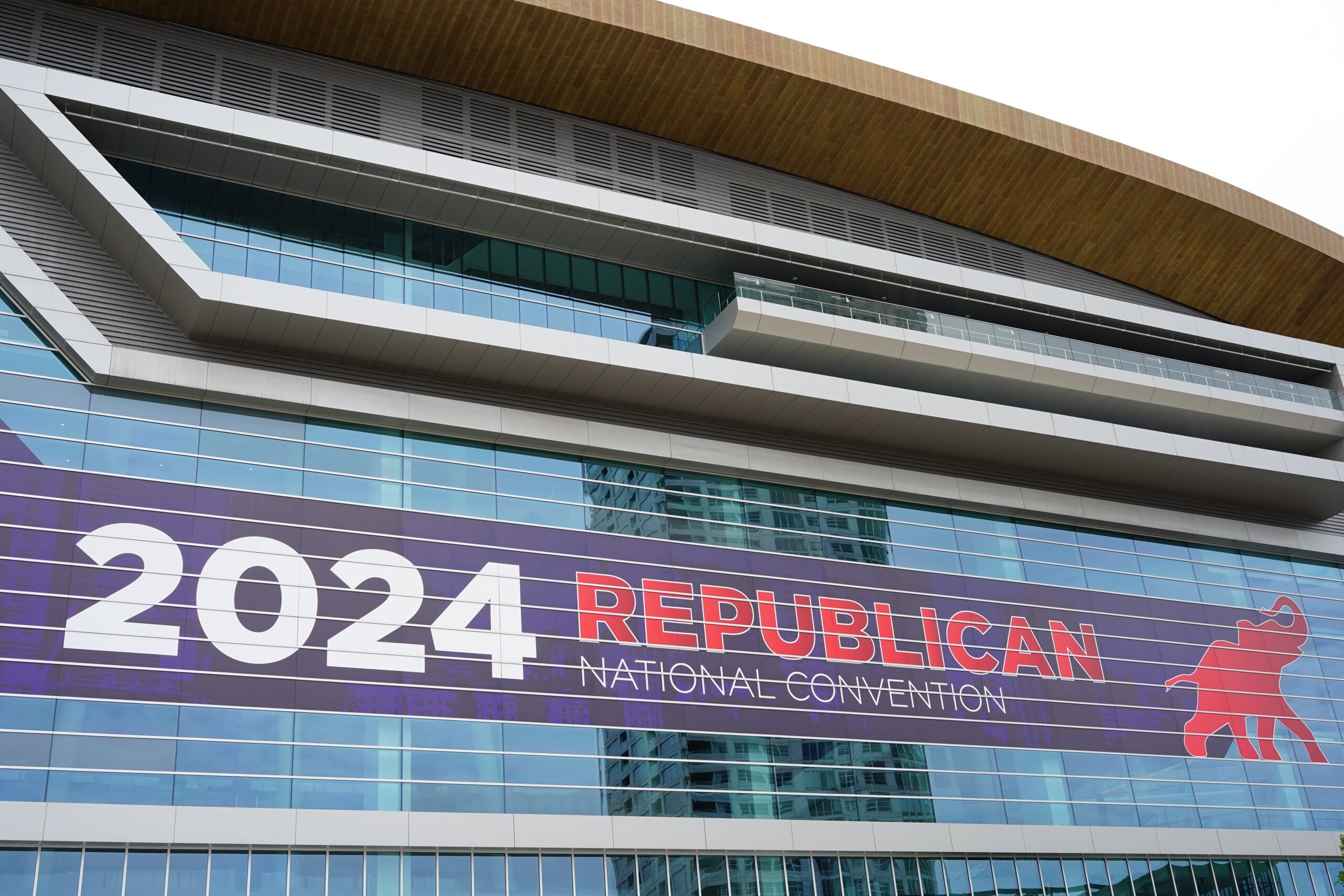Calvin Polachek’s fabricated tale of survival in a nonexistent school shooting exposes a troubling trend in gun control advocacy: the reliance on unchecked, emotional narratives.
At a Glance
- Calvin Polachek, a student at the University of Louisville, fabricated a school shooting story.
- He falsely claimed his brother and nine others died in the attack.
- The fictitious account was exposed by officials confirming no such event occurred.
- Organizations like Everytown for Gun Safety criticized the deceitful narrative.
- The incident underscores the need for skepticism in emotionally charged advocacy claims.
Polachek’s Fictional School Shooting Story
At just 23, Calvin Polachek spun a deceiving story of surviving a school shooting that he used in speeches for prominent gun control groups like MOMS Demand Action. He falsely claimed the tragic loss of his brother and nine others, purportedly murdered in the attack eight years prior. However, authorities from the Dallas School District and Township Police easily unraveled the lie, confirming that no such shooting occurred at Dallas High School. His brother, whom he claimed was dead, is alive, further discrediting Polachek’s narrative.
Polachek’s fabricated story is not just a deceitful attempt to gain attention; it’s a serious setback for genuine advocates of gun control reform. News of this deceit spread, prompting organizations like Everytown for Gun Safety to condemn his actions, calling them a disgrace to real survivors of gun violence. The eagerness of these organizations to platform an unverified voice underscores a dangerous trend in advocacy movements when emotion overrides facts. It’s a reminder of the importance of due diligence.
The Need for Verification in Advocacy Movements
This incident serves as a clarion call for organizations in emotionally driven arenas to bolster their vetting processes. Reliance on unchecked narratives to promote agendas erodes trust and credibility. A legitimate cause like gun control reform cannot afford to be marred by deception. The facts must lead the charge, not fabricated stories that can easily be discredited. Discrepancies like these provide ammunition to critics who argue that advocacy groups manipulate tragedies for political gains.
“There has never been a school shooting at Dallas High School.” – Dallas Township Police Chief Doug Higgins.
The fallout from Polachek’s lie has also rippled through the community he claimed to be part of, with genuine survivors and community members lashing out at his fabrications. It’s emotional exploitation, and it’s deeply troubling. It shows the lengths to which some will go to gain notoriety or push personal agendas. This kind of deceit risks undermining legitimate discussions about gun control and the real-life tragedies that underscore the need for reform.
A Larger Context: The Defense of the Second Amendment
Meanwhile, as the fallout from Polachek’s deceit shakes the credibility of gun control advocates, a significant legal battle is brewing over the Second Amendment. Texas Attorney General Ken Paxton is spearheading a multi-state lawsuit against the ATF, challenging new rules perceived as overreach into citizens’ rights to privately buy and sell firearms. Joined by states including Louisiana, Missouri, and Utah, and backed by organizations such as Gun Owners of America, this lawsuit seeks immediate injunctive relief.
“Yet again, Joe Biden is weaponizing the federal bureaucracy to rip up the Constitution and destroy our citizens’ Second Amendment rights. This is a dramatic escalation of his tyrannical abuse of authority. With today’s lawsuit, it is my great honor to defend our Constitutionally-protected freedoms from the out-of-control federal government.” – Attorney General Paxton.
The ATF’s new regulation threatens to criminalize what has long been lawful: private sales of firearms among non-dealers. Paxton’s legal push champions the rights of law-abiding citizens, opposing what many see as unconstitutional overreach. This battle underscores the persistent tension between federal authority and individual rights—a cornerstone of the ongoing debate over the Second Amendment. The lawsuit highlights a larger struggle for maintaining constitutional freedoms against perceived government overreach, further intensified by manufactured advocacy narratives like Polachek’s.






